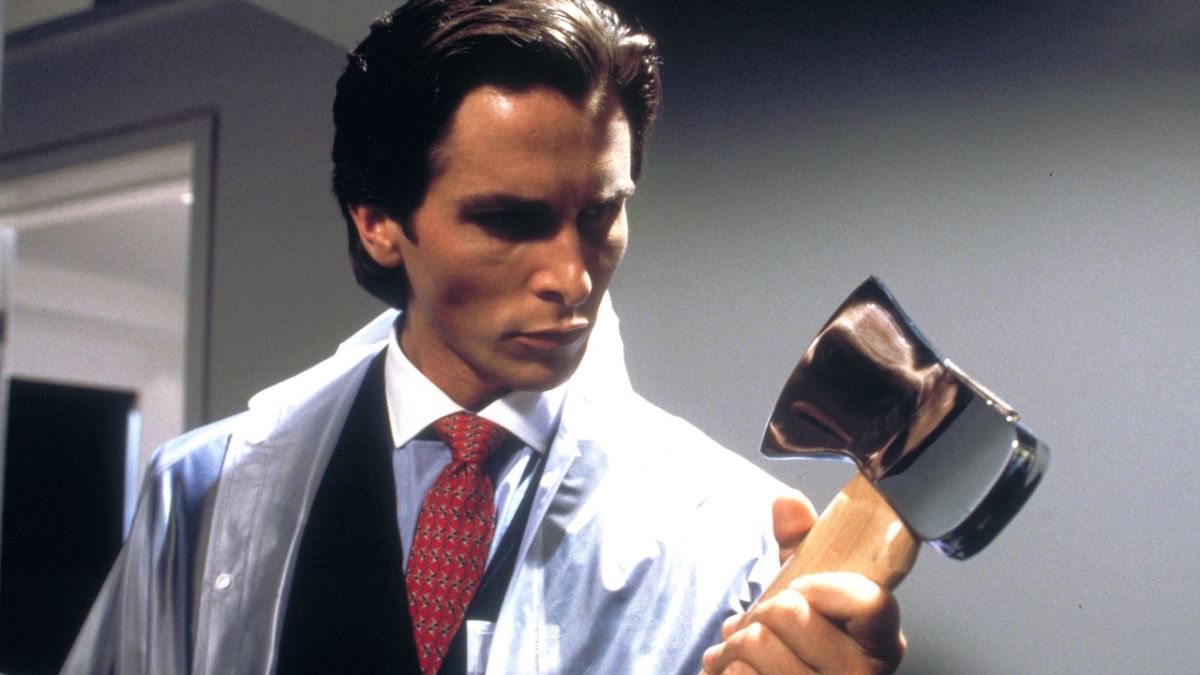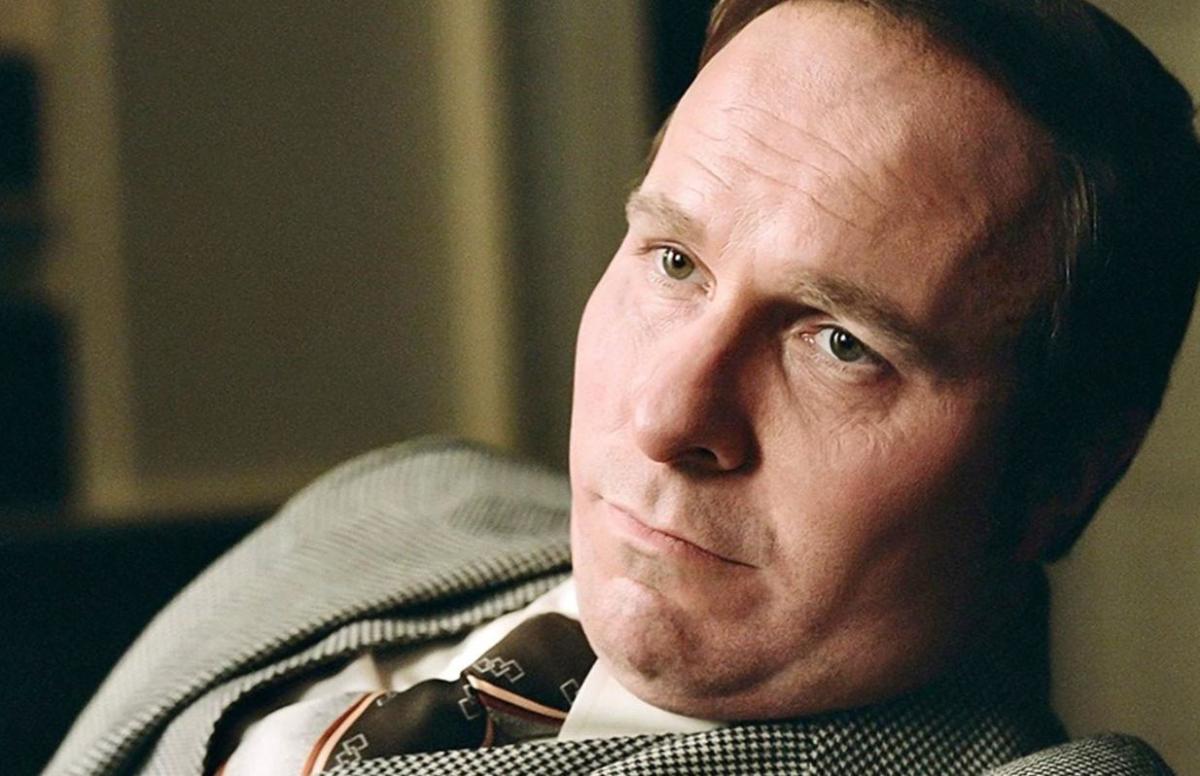Christian Bale is an actor known largely for his meticulous and impassioned performances. Those familiar with the Englishman will remember his irate and controversial rant on the set of Terminator Salvation in 2009, when director of photography Shane Hurlbut broke his eyeline on set, causing him to lose concentration and character. At face value, it’s hardly shocking to see an actor throws his toys out of the pram at the slightest provocation, but for those willing to dig a little deeper, it portrays a level of passion for his craft that is almost unrivalled in the world of modern cinema. This is a man whose devotion to his characters solidifies him as one of the greatest method actors working today.
While his latest venture, Ford v Ferrari, may not necessarily headline his portfolio, it nevertheless gives us some indication of his unique and enthralling gifts. The film itself is commendable: matching our expectations for what makes a good sports drama film, but what really kicks it into gear is Bale’s free-flowing and often humorous portrayal of British driver Ken Miles. His chemistry with automotive visionary Carol Shelby (Matt Damon) is simply a joy to witness. This is indicative of an actor whose infectious level of role dedication clearly inspires those around him.
It’s a considered performance that demonstrates an acute understanding of body language and gestures, while his grasp of British mannerisms feels natural and effortless. His dramatic behaviour behind the wheel is so quintessentially British, in fact, that at times I didn’t know whether to laugh hysterically or recoil back into my seat with the embarrassment of its familiarity. Despite this, Bale plays Ken Miles with an underlying charm that supersedes his frequently erratic behaviour; it is this seamless blending of personalities that really stands out about his performance.
We’ve seen it before, of course, most notably in his portrayal of Patrick Bateman in the cult classic American Psycho, a role that garnered him wide recognition. It’s a measured, confident performance of a suave and sophisticated character whose descent into despicableness and complete madness is fascinating to behold.
The fastidiousness of Patrick Bateman fits snugly alongside Bale’s scrupulous nature. There’s a method to his madness. Like Bale, Bateman’s every move (up to a point) is organised and precise and it’s the way in which Bale captures his almost joyful descent into anarchy that feels truly cathartic. When Bateman chases the prostitute Christie (Cara Seymour) naked with a chainsaw through his apartment building, it’s an outpouring of pure emotion. The continuous revving of the chainsaw coincides with our pulsating heartbeat, as Bale’s captivating performance manages to fill us with genuine fear and dread.
Such imperfections in mental health feature prominently in another dark picture: The Machinist. However, this is a more subtle performance, with an air of insecurity, in which Bale plays the role of an anorexic insomniac, Trevor Reznik. This marked the beginning of a habit of his to undergo serious bodily transformations for a part despite health concerns.
On the back of The Machinist, he gained over 100 pounds to play perhaps his most iconic role to date, that of Bruce Wayne in Batman Begins. 6 years later, he dropped 30 pounds for his oscar-winning performance in The Fighter as boxer-turned-trainer, Dicky Eklund. In 2013, he gained 43 pounds, a bad posture and a truly terrible combover for the part of conman Irving Rosenfeld in American Hustle. Similarly, in 2018 he gained 40 pounds and spent hours in hair and makeup to transform himself into political figure Dick Cheney in Vice. Ultimately, it’s these gruelling processes that makes his characters so memorable.
There’s a fragility to Trevor Reznik that is emphasised by his shocking physical appearance. His interactions with another prostitute, Stevie (Jennifer Jason Leigh), display a gentle appeal, despite his deteriorating mental state. Unlike Patrick Bateman, he isn’t yet fully aware of his precarious and declining condition. It speaks much of the variety and depth of Bale’s characters that such a decline in mental wellbeing can take on a very different entity. As he begins to doubt his own sanity, he desperately searches for clues as to why his life is slowly falling apart around him. In this sense, Bale captures the true nature of Trevor’s slow collapse, despite the film’s grim and mysterious tone. As the audience, we feel a sense of empathy and understanding for him, we relate to his need for answers.
Bale was once quoted in an Esquire interview as saying, “I’ve gotta create somebody else in order to communicate. If I remove myself from all of my own memories and inhibitions and create another character — holy shit! I can reach out and communicate in that way. So to me, it’s actually about trying to fu****g destroy the self, and then you might be able to hit something”. What makes a performance by Christian Bale so riveting is simply this. He embodies his role and the line between self and subject becomes blurred. He creates a character that bears little resemblance to his true self and, as a result, we are never really aware that this man is acting. Put simply, isn’t that the mark of a truly great actor?
Some of the coverage you find on Cultured Vultures contains affiliate links, which provide us with small commissions based on purchases made from visiting our site.



